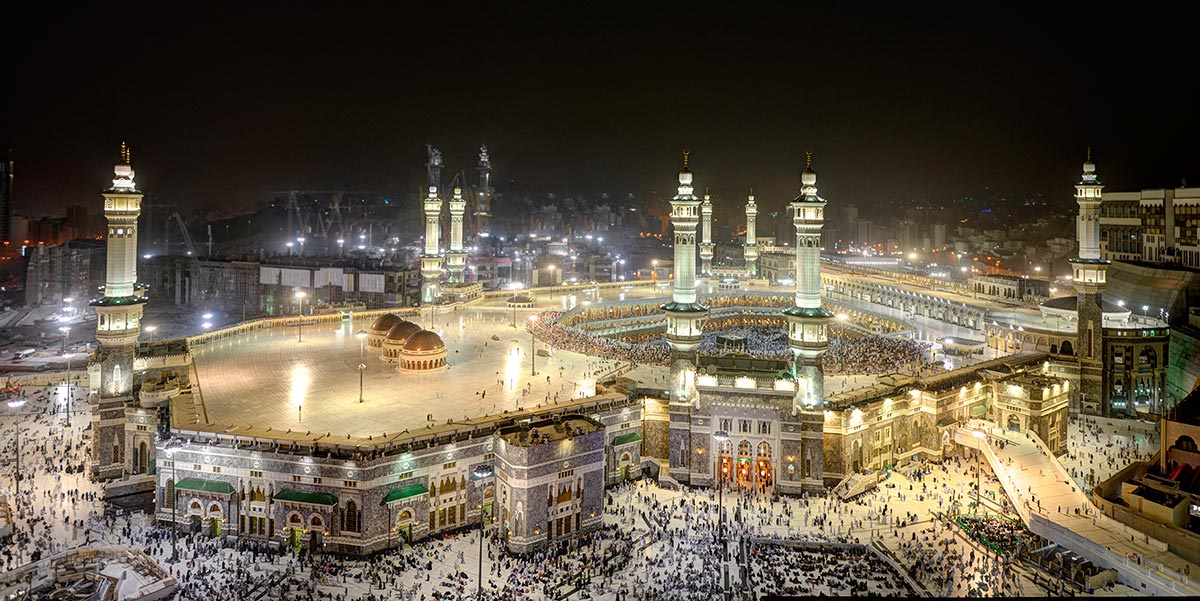During the Hajj pilgrimage, one of the significant rites is spending the Muzdalifah night. After completing the rituals at Arafat, pilgrims head to Muzdalifah, where they stay overnight under the open sky. This night is not just a physical break, but holds deep spiritual meaning. It is a time for reflection, prayer, and seeking forgiveness from Allah, as pilgrims come together in unity and humility, demonstrating their devotion and submission to Allah’s will.
The Hajj overnight stay in Muzdalifah is an essential part of the Hajj journey, marking the culmination of the day’s worship at Arafat. Pilgrims sleep in a simple setting, often on the ground or on mats, as a reminder of the simplicity of life and the transient nature of the world. The temporary and humble nature of the stay encourages a deeper connection to spirituality and serves as a reminder of the Day of Judgment when everyone will be equal before Allah.
In addition to the spiritual reflection, pilgrims also engage in the important task of collecting pebbles for Jamarat. These pebbles are later used during the stoning ritual at Mina, symbolizing the rejection of evil and temptation, a powerful act of spiritual purification. The act of gathering pebbles serves as a physical reminder of the pilgrims’ journey to resist worldly distractions and to stay focused on their worship.
The time spent in Muzdalifah is an integral part of the Hajj pilgrimage, offering an opportunity for spiritual reflection, prayer, and personal growth. It reinforces the sense of unity among the pilgrims and fosters a connection to the core principles of faith, humility, and submission to Allah’s commands.

